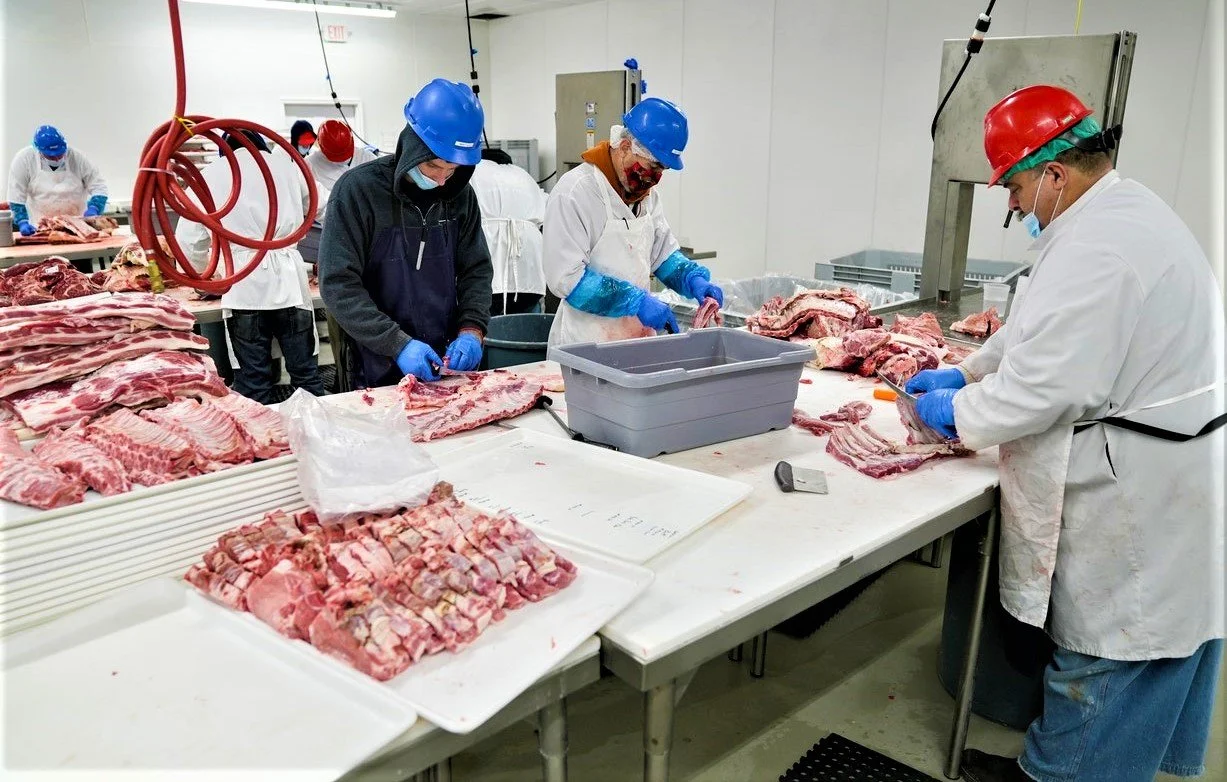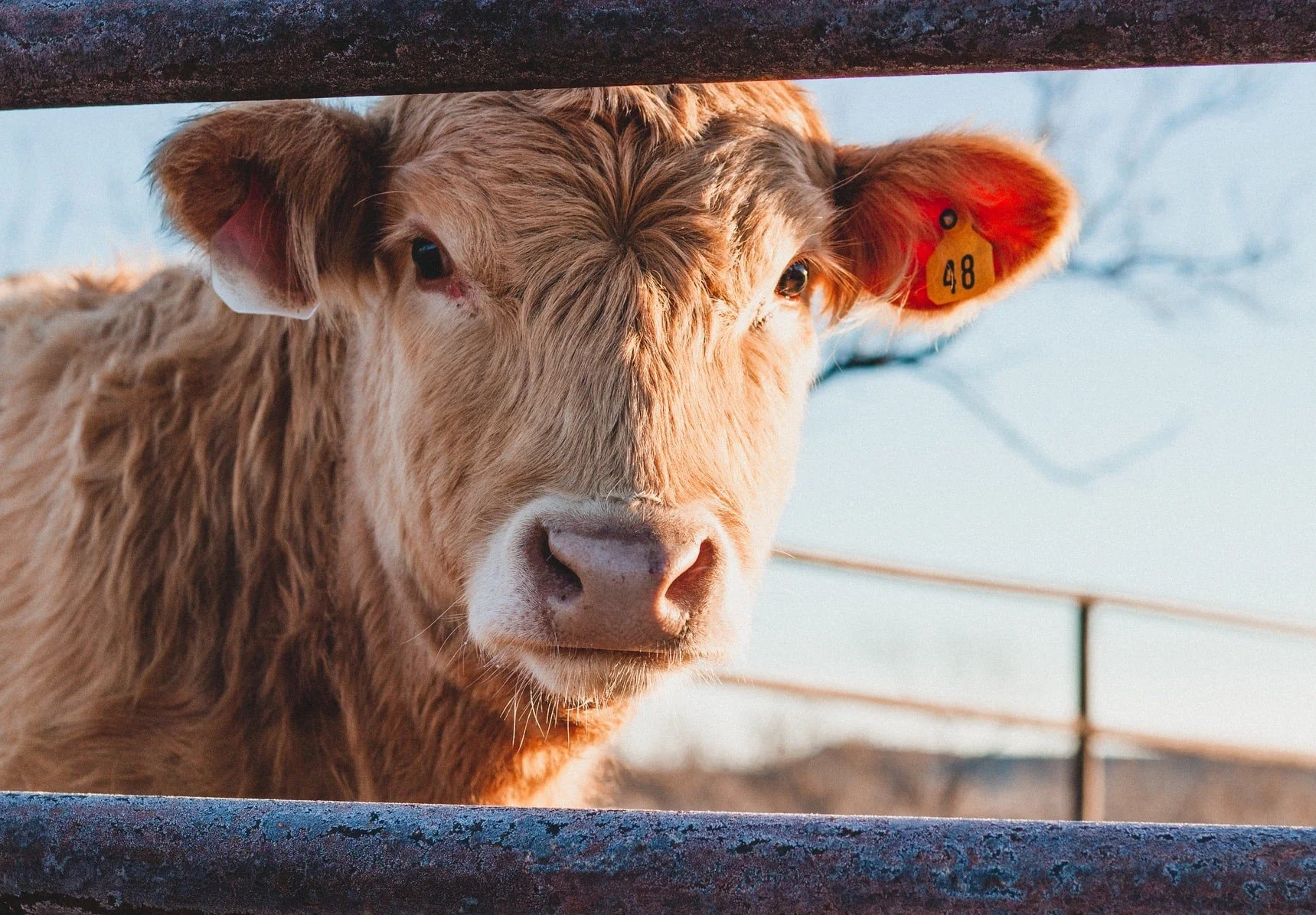Meat consumption is growing globally but a handful of countries are bucking the trend. Their appetite for meat is in decline. Given that reducing meat consumption is key to lowering greenhouse gas emissions this is an intriguing finding from a recent study published in the journal Animals. Furthermore, the researchers argue that three of the nations witnessing declining meat consumption — New Zealand, Canada, and Switzerland — have reached ‘peak meat’, a point beyond which increasing income no longer tracks with increasing consumption of beef, chicken, mutton and pork.
The study tracked meat consumption levels in 35 countries between 2000 and 2019 and combined this data with data on gross domestic product (GDP), a measure of the size and health of a country’s economy.
The analysis showed that overall meat consumption rose globally with people consuming an average 4.5 kilograms more meat in 2019 than in 2000. However, it’s the consumption of chicken that has ramped up significantly across almost all of the countries studied – especially in Russia, Malaysia and Peru – which is only somewhat better for the environment and much worse if you care about animal welfare and the growing threat of avian disease.
Not everyone is eating more meat, however. Nine countries in the sample are actually eating less, including Nigeria, Ethiopia, and Paraguay – seemingly driven by unpredictable weather, and increasing incidence of disease which is causing a decline in the numbers of livestock and therefore limiting the availability of meat.
But when viewing those nine countries through the lens of GDP, the researchers discovered that in three of the nine nations — Canada, Switzerland, and New Zealand — increasing GDP is matched by declining rates of meat consumption. That’s unexpected given that higher GDP typically reflects more per capita income, which historically has tracked with consuming higher cost meat.
Photo: Garrett Butler on Unsplash
It seems these very wealthy, high-GDP nations are voluntarily moving away from beef, chicken, pork and mutton. Or, as the researchers put it, they’ve reached ‘peak meat’.
The economic tipping point for this shift in countries where GDP does track positively with meat consumption seems to be US$40,000 GDP per capita. Beyond that figure, the per capita consumption of meat begins to decline as people voluntarily shift away from meat.
The researchers hypothesize the contributing factors behind the shift are growing health awareness, the rise of animal rights movements, and vegetarianism. Policy seems also to have played a powerful role. In Canada for example, limiting the national consumption of red meat is part of an official government healthy-eating strategy.
The voluntary decrease in meat consumption in countries where it was historically highest, may be a leading indicator of where the world is headed. Shifting attitudes towards eating meat, combined with the increasing availability of plant-protein alternatives, means “the period ahead is likely to be very different,” said the researchers.


